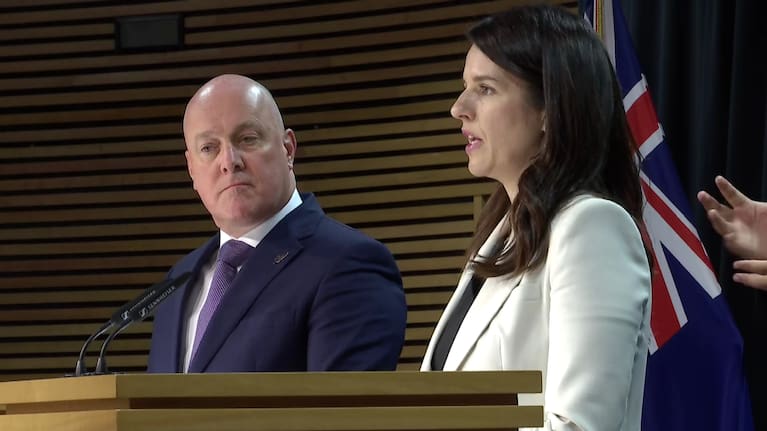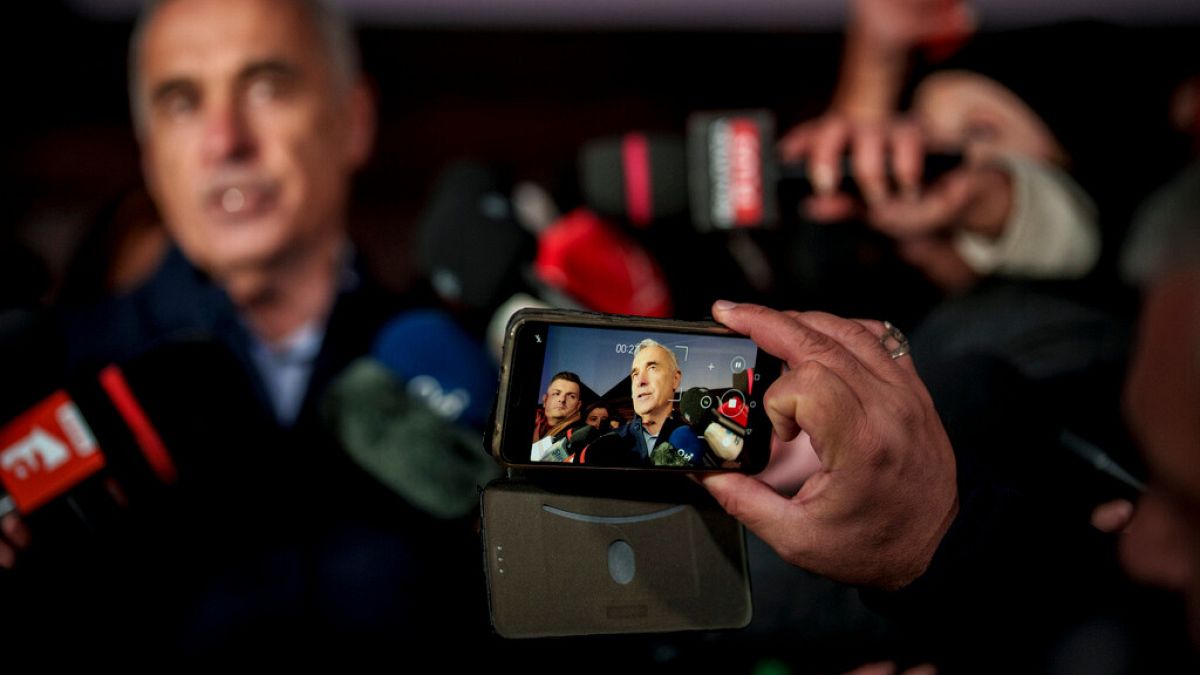Survivors of abuse in care feel let down amid concerns over the number of people who can attend the upcoming national apology at Parliament and a ballot being held if it’s oversubscribed.
On November 12, the Government will make a national apology to New Zealanders who were abused while in state and faith-based care.
It comes after the release of the Royal Commission of Inquiry into Abuse in Care in July, which found almost a third of people in state and faith-based institutions between 1950 and 2019 were abused. It described it as a “disgrace” and a “stain” on the national character.
The Prime Minister will deliver the national apology at Parliament, with transport funded so survivors can attend.
However, there are concerns that there is not enough space for the nearly 3000 survivors who gave input to the inquiry to attend the apology in person.
Other venues have been booked in Auckland, Wellington and Christchurch where the apology will be live streamed.
The public gallery in Parliament can hold 180 people – with a further 120 able to sit in the banquet hall.
But 1News understands 250 survivors have already applied to attend the apology in Wellington in person. Survivors can also bring a support person, bringing the total number to 440 — more than Parliament has space for.
“Due to the space available in Parliament, only a limited number of people can attend in this venue,” lead coordinating minister for the Government’s response to the Royal Commission’s report Erica Stanford said.
She said it was important that the apology be read at Parliament because of the location’s national significance.

As part of the apology, the Government booked three other venues for those who could not be at Parliament in person.
These events will be held at Dew Drops Event Centre in Auckland, which has a capacity of 500, Shed 6 in Wellington which can host up to 500, and the Christchurch Town Hall, which can hold up to 400 people.
Adding up the total number of spaces, including Parliament, there would be 1700 available seats for survivors.
Responding to concerns, Stanford said the exact location for the apology was yet to be decided. She said the decision would be made in October.
“The Government’s priority is to give as many survivors as possible the opportunity to attend an apology event.”

However, Stanford said that if demand for a specific location exceeds the number of spaces available, “a balloting process will be undertaken”.
“Everyone who expresses interest in attending an event will be notified by October 12.”
The decision to consider a ballot concerned a number of survivors and advocates.
‘The survivor’s voice has been missed out’
Speaking to Breakfast this morning, Ken Clearwater, manager of the Male Survivors of Sexual Abuse Trust, said the ballot showed survivors weren’t being heard.
“I think once again the survivor’s voice hasn’t been heard in setting this up,” he said.
“It’s been set up by bureaucrats and government once again, and the survivor’s voice has been missed out.”
Responding to the ballot, he said, “How do you work out a ballot? Who should be there and who shouldn’t be there?”
“The survivors are hurting, there’s a lot of re-traumatisation going on at the moment, and this just adds to it.
“It just goes to show those working in the bureaucracy that have no understanding of the damage that’s been done to the survivors and what’s being done to them now.”
Also joining Breakfast was Karl Tauiri, the chairman of the New Zealand Collective of Abused in State Care Charitable Trust and a survivor himself.
He is setting up his own viewing of the apology, as he felt survivors weren’t adequately catered for when the Government tabled the report in July.
When asked if he feels let down by the Government, Tauiri said it was “really hard not to say yes.”
“Definitely let down a lot of our community,” he said.
‘Survivors have told us Parliament is the preferred venue for the apology’
In a statement, Stanford said “survivors have told us Parliament is the preferred venue for the apology to be made due to its significance and status in New Zealand”.
“Further to this, recommendation 2 of the Royal Commission specifically states: ‘The Prime Minister should make a national apology for historical abuse and neglect in the care of the State (both direct and indirectly) in the House of Representatives’.
“It is important to be clear, the other venues in Auckland, Wellington, and Christchurch are not for overflow, they are concurrent events. We have received clear feedback some survivors do not want to attend an apology at Parliament or are unable to travel for personal or other reasons, but they do want the opportunity to attend an apology event. The apology is a matter of national significance, and it was appropriate to provide a range of options for survivors to consider.”
Between October and December last year, 26 engagements were held with 39 survivors about details surrounding the apology.











